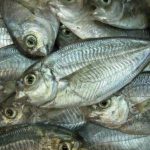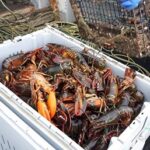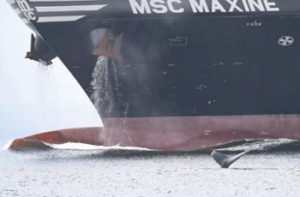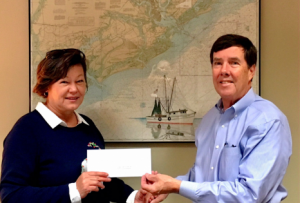The Coalition of Gulf Shrimp Industries (COGSI) has asked the U.S. government financial support of special duties to offset unfair trade advantage
 The Coalition of Gulf Shrimp Industries (COGSI) has asked the U.S. government financial support, through the application of special duties, to compensate for subsidized shrimp imports from China, Ecuador, India, Indonesia, Malaysia, Thailand and Vietnam. “These duties are needed to offset the unfair trade advantage currently held by these countries,” the Coalition wrote. Read More
The Coalition of Gulf Shrimp Industries (COGSI) has asked the U.S. government financial support, through the application of special duties, to compensate for subsidized shrimp imports from China, Ecuador, India, Indonesia, Malaysia, Thailand and Vietnam. “These duties are needed to offset the unfair trade advantage currently held by these countries,” the Coalition wrote. Read More





















































Buenos días le comenta un productor ecuatoriano de camarón Uds. Están totalmente equivocados con sus demanda y tanto los productores de camarón vamos a demostrar que están equivocados igual que en el caso de competencia desleal como la última demanda que pusieron al país Uds supieran los costos de producción que existen en el país se quedarían perplejos y si supieran que el estado ecuatoria nisiquiera estamos sujetos a crédito en ningún banco pero eso se lo vamos a demostrado como siempre
Good morning tells her Ecuadorian shrimp a producer you are totally wrong with both demand and shrimp producers are going to prove them wrong as in the case of unfair competition as the latest lawsuit that put the country knew Units costs production in the country would remain perplexed and if they knew that the Ecuadorian state are not even subject to any bank credit but that is what we demonstrated as always
Es una medida juridica equivoca contra la industria camaronera en ecuador, pues no recibe ningun tipo de subsidio, analisemos el precio a nivel de camaronera, de exportacion, versus el precio en el mercado de consumo final de un plato de marisco en un restaurante . . Gracias
It is a wrong legal measure against the shrimp industry in Ecuador, it receives no subsidy, the price analisemos level shrimp, export, versus the market price in the final consumption of a seafood dish at a restaurant.
Why doesn’t any of the US consumers complain for the lack of reasonableness in this “claim”? This is bound to create price inflation for shrimp prices, direct to the US producers pockets, classic rent seeking behaviors.
Anytime an industry is complaining that all the other governments out there are subsidizing their industry, except for ours… that is madness indeed.
“I readily acknowledge that it may be difficult to know where to draw the line between ‘corruption’ and ‘rent-seeking behaviour’…. The latter term is generally used to refer to the process by which interest groups adopt (lawful) means to secure competitive advantages from the political process and is a phenomenon widely recognised as influencing law and legal institutions in industrialised societies and is the subject of a huge literature (surveyed in Tollison, 1982 and Rowley et al, 1988). Rent-seeking may, indeed, impose costs to the economy as high, if not higher, than those arising from corruption (narrowly defined).” (Emphasis added)
Anthony Ogus
Corruption and Regulatory Structures
June 26, 2003